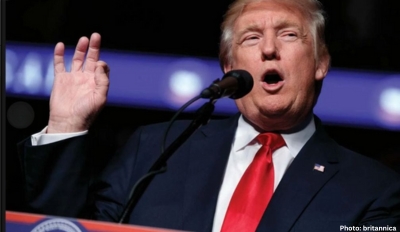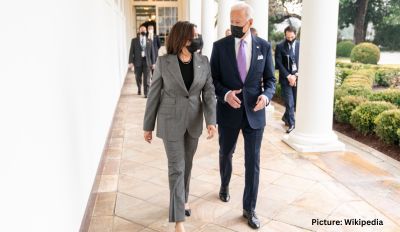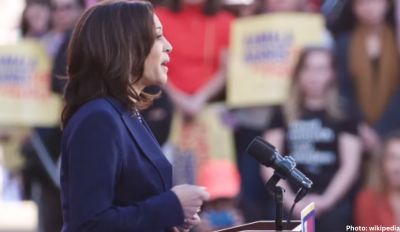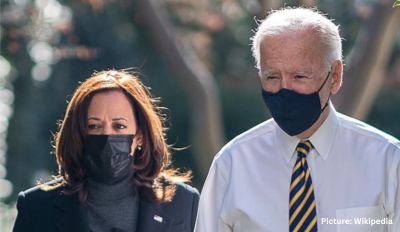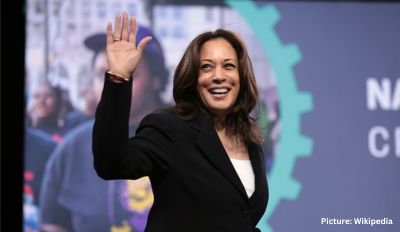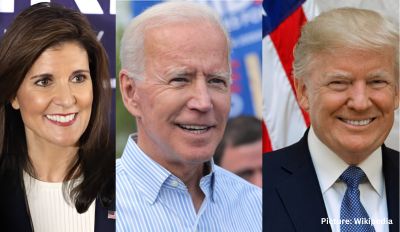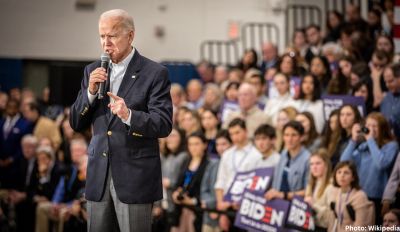Former President Trump predicted Wednesday that he will soon face arrest and indictment for his role in the Capitol riot of Jan. 6, 2021.
Trump is basing that assessment on the fact that his attorneys have been informed he is a target of the federal grand jury in Washington, D.C.
If Trump is indeed indicted, it would be the third case in which he has been charged this year. Possible charges loom in a fourth case in Georgia.
Here is a roundup of the legal challenges Trump faces.
New York and the hush money payments
Trump’s first criminal indictment is in many ways the least compelling.
In early April, Manhattan District Attorney Alvin Bragg laid out 34 counts of falsifying business records in the first degree.
The charges relate to three stories about Trump’s personal life. The most famous of these centers on porn actress Stormy Daniels, who alleges she had a sexual encounter with Trump in 2006. A $130,000 deal to buy Daniels’s silence was sealed by Michael Cohen, Trump’s now-estranged attorney, in the closing weeks of the 2016 presidential campaign.
The Bragg indictment also encompasses payments made by Trump allies to another woman — former Playboy model Karen McDougal — who alleges she had a sexual relationship with him, and an additional, smaller deal allegedly aimed at silencing a former Trump Tower doorman.
The charges, in simple terms, are that the Trump Organization concealed these hush-money payments in its official business records.
Theoretically, Trump could face a four-year jail sentence on every count, which would make for a maximum sentence of 136 years. However, most legal experts consider it inconceivable the sentence would be anywhere close to that punitive, even if he is found guilty.
Trump has pleaded not guilty. His allies contend that a criminal case would not even have been brought against a private citizen who engaged in the same conduct.
Mar-a-Lago and the classified documents
Trump’s second indictment — and the first to come from special counsel Jack Smith, who is also investigating Jan. 6 — is significantly stronger.
Trump has been charged with 31 counts of willful retention of national defense information, one count of conspiracy to obstruct justice, one count of making false statements and four additional offenses pertaining to different forms of concealment.
A Trump aide, Walt Nauta, is the co-defendant on five of the charges and has been individually charged for making false statements.
The indictment lays out its case in some detail, with several accompanying photos.
It includes a transcript of a conversation in which Trump appears to acknowledge that at least one document in his possession is “secret information” and “highly confidential.”
There are also allegations that, if true, look like textbook examples of obstruction. The indictment includes an episode where, under subpoena to produce documents, Trump muses as to whether his legal team could simply not “play ball,” or deny he possesses the relevant documents.
There are also allegations that boxes of documents were moved at Trump’s direction, seemingly to hide them from Trump’s own attorney.
The obstruction charge alone carries a maximum sentence of 20 years.
Trump pleaded not guilty to all the charges at a June 13 arraignment in Miami. He has furiously attacked Smith in speeches and on social media, and his legal team has sought to delay a trial until after the 2024 election.
The investigation into Jan. 6
In his Truth Social post Wednesday morning, Trump said that the official notification that he was a target “almost always means an arrest and indictment.”
The former president is correct on that point.
Former Vice President Mike Pence, former White House Chief of Staff Mark Meadows and “Stop the Steal” organizer Ali Alexander are among those reported to have testified to the grand jury.
An indictment is expected any day now, and much speculation concerns what the actual charges will be.
Multiple news outlets reported Wednesday that the warning letter mentions federal statutes relating to deprivation of rights, conspiracy to defraud the U.S. and tampering with a witness.
The referrals made to the Department of Justice (DOJ) by the House Select Committee investigating Jan. 6 late last year also provide some possible clues.
Referrals have no real legal force, but the committee prodded the DOJ to look at possible charges of inciting or aiding an insurrection; obstruction of an official proceeding; conspiracy to defraud the United States; and conspiracy to make a false statement.
If charges are indeed pressed, Trump is virtually certain to plead not guilty.
In a second Truth Social post Wednesday, he contended he had “the right to protest an Election that I am fully convinced was Rigged and Stolen.”
The ongoing Georgia probe
Fulton County (Ga.) District Attorney Fani Willis first asked for a grand jury to be empaneled in January 2022. Her request was fulfilled four months later.
Willis’s original request contended that there was a “reasonable probability” that the 2020 presidential election results in Georgia were “subject to possible criminal disruptions.”
Even among Trump loyalists, there has long been trepidation about the Georgia probe.
The main reason is that Trump was recorded during a phone call with Georgia Secretary of State Brad Raffensperger (R) on Jan. 2, 2021.
In that call, Trump — still the president — pressed Raffensperger to “find” enough votes to overcome President Biden’s narrow margin of victory in the state. Biden had carried the Peach State by fewer than 12,000 votes.
Trump also warned ominously that Raffensperger could face criminal consequences if he did not comply. Raffensperger later wrote that he construed Trump’s words as “a threat.”
It’s possible, of course, that Willis in the end indicts nobody — or that she indicts Trump allies but not the former president himself.
She has suggested a charging decision will be made by Aug. 18


